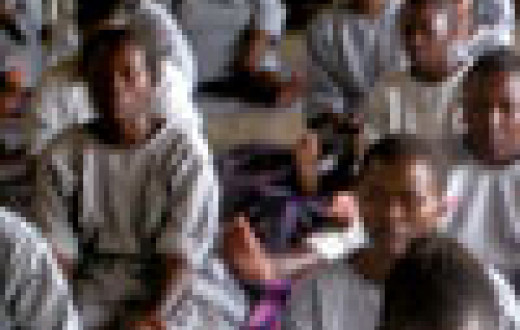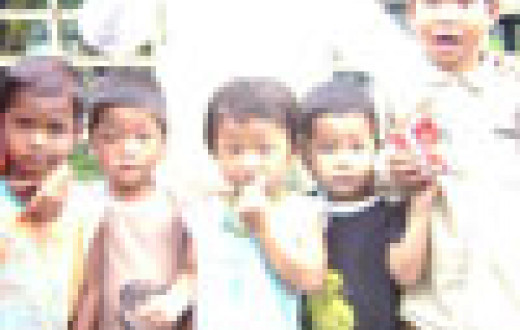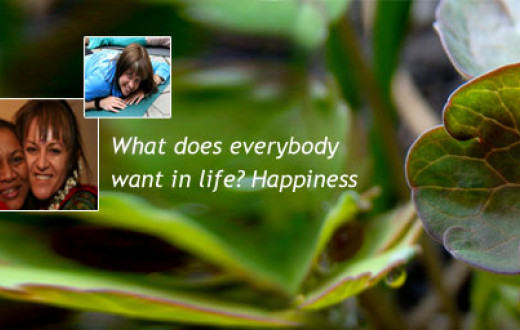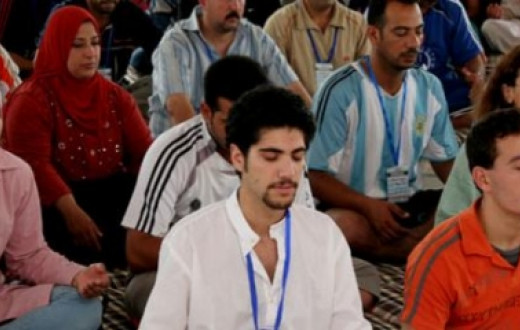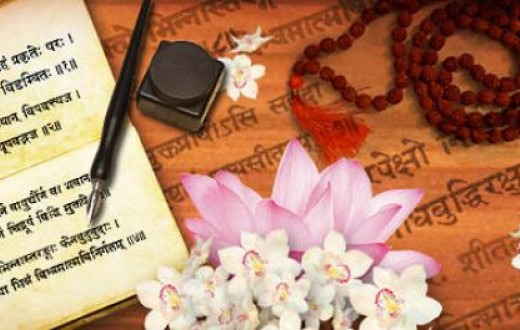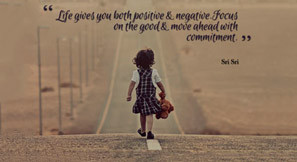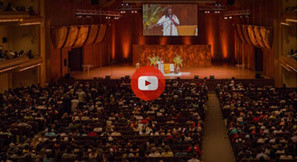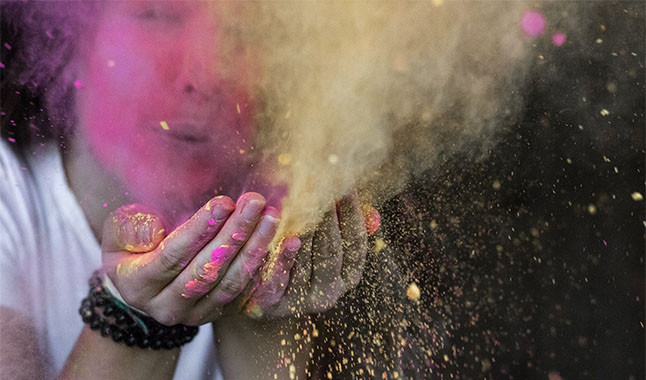
What is Holi?
In India, this is the last full moon of the year (as per the Lunar Calendar). Holi is celebrated on the last full moon of the year. The next full moon will be the New Year. So, before that last full moon, the tradition is to just take all the old stuff and put it in the fire and play Holi with colors.
Holi is the festival of colors. For centuries, this is the one festival that has been uniting people of all classes, castes, age groups, and generations. Everyone comes together and celebrates the oneness of humanity, and that is the message of Holi.
If you leave a group of kids in a room that come from many different backgrounds (rich, poor, intelligent, not-so-intelligent), do you know how they'll play? They will play without finding any distinction between themselves. Similarly, Holi is one such festival that unites people of diverse backgrounds and professions.
Society divides people, sometimes on the basis of profession, sometimes on the basis of gender, sometimes based on age groups. Holi is the time when we break all these barriers of gender, nationality, race, and religion — from the elderly to the young, you hug everybody and put colors on them. It's a unifying celebration.
The Significance of Holi
There are different colors associated with our feelings and emotions. Anger is associated with red, jealousy with green, vibrancy and happiness with yellow, love with pink, vastness with blue, peace with white, sacrifice with saffron, and knowledge with violet. Each person is a fountain of colors that keep changing its hue. If your life is like Holi, where each color is seen clearly, then that adds charm to your life. Harmony in diversity makes life vibrant, joyful, and more colorful.
Like Holi, life should be colorful, not boring. When each color is seen clearly, it is vibrant. When all the colors get mixed, you end up with black. Similarly, in our day-to-day lives, we play different roles. Each role and emotion needs to be clearly defined. Emotional confusion creates problems.
When you are a father, you have to play the part of a father. You can't be a father at the workplace. When you mix roles in your life, you start making mistakes. Whatever role you play in life, give yourself fully to it.
In ignorance, emotions are a bother; in knowledge, the same emotions add color. Tell yourself that you will do justice to all the roles you play. You can play all the roles: a good spouse, good child, good parent, and a good citizen. Assume that you have all these qualities in you. Just let them blossom.
The Significance of Burning the Holika
The burning of Holika (the bonfire that is burned on the night before Holi) has an effect on the coming monsoon.
There is a story of Prahlada (from where the festival of Holi originated). Prahlada was a young boy who was very devoted to God, but his father was an atheist. His father was a very egoistic and cruel king and he wanted to teach his son a lesson because he was hurt that the boy was preaching the name of God.
He tried many ways to change his son, but the boy didn't change. When he couldn’t change him, he wanted to kill him. So he approached one of his sisters. She had a boon that whoever she took on her lap, that person would get burned alive. Her name was Holika. As the story goes, she took Prahlada on her lap to burn him, but instead she got burned alive and Prahlada came out safe because he was chanting Hari Om and was devoted to God, and that protected him from the fire.
In some villages in India, people perform fire-walking but nothing happens to them – not a single blister on their feet! Faith has great power, and it contributes to life. This is the message behind the burning of the Holika.

Subscribe
If you enjoyed reading this content and would like to receive a notification on our future updates, you can subscribe here.
You can also write to us on webteam.wisdom@artofliving.org for any questions or comments.

What Does It Mean to be Truly Free?
"Freedom is not running away from situations. Sometimes a situation is stifling or unpleasant, and we run away from it and think this is what freedom is, but that is not so."
What is Freedom? What Does It Mean to be Truly Free? In this article, Gurudev Sri Sri Ravi Shankar touches on the topic of FREEDOM











